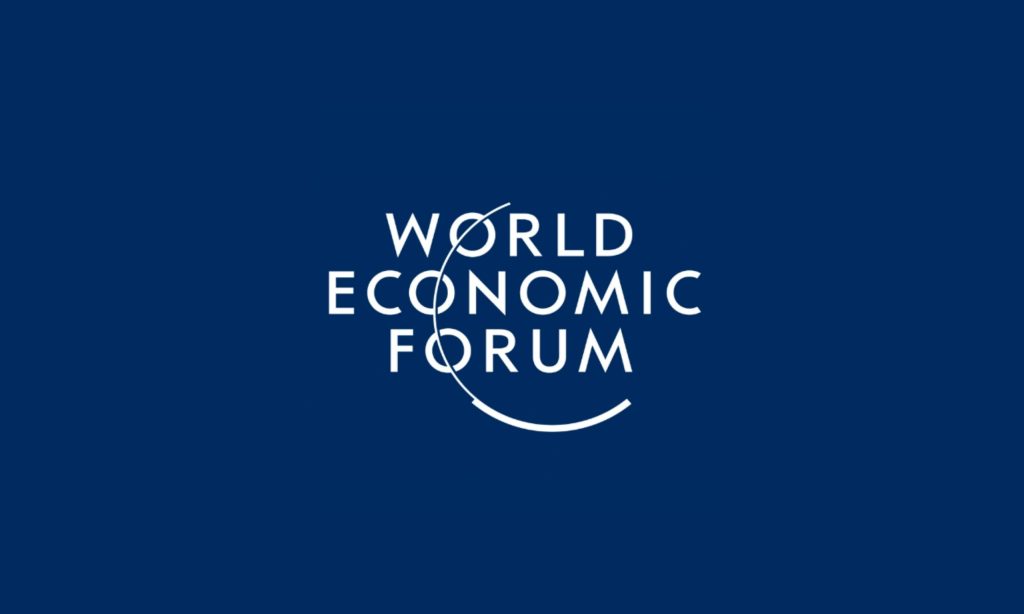
James Carter
WEF White Paper on Crypto Asset Regulation

A study on the subject of regulating crypto assets was recently published by the World Economic Forum in partnership with its Digital Currency Governance Consortium.
On Thursday, the international organization issued a document with the title “Pathways to Crypto-Asset Regulation: A Global Approach.” In it, they emphasized the critical need for regulation as well as the need for worldwide collaboration in order to avoid inconsistencies in regulatory enforcement, regulatory arbitration, and ambiguity.

WEF White Paper on Crypto Asset Regulation
The authors highlighted a variety of difficulties associated with regulating crypto assets.These including the question of “same activity, same regulation.” Noting that such assets may not necessarily fit into the legal framework that is currently in place.
“Crypto-assets and their ecosystem do not always fit squarely into the existing activity-based, intermediary-focused approach of regulation,” even in situations in which actions associated with crypto-assets are similar to those associated with the traditional financial industry.
According to the research, the anonymity of cryptocurrency mixers, self-hosted wallets, and decentralized exchanges further complicates the process of regulation. Additionally, the growing reliance on the cryptocurrency business with traditional banking raises possible dangers of contagion.
Several classifications of regulatory frameworks that allow comparison are suggested throughout the study. These classifications include outcome-based rules and risk-based regulations.
Given the open nature of these emerging technologies, the authors strongly suggest that policymakers and other industry players. Collaborate across countries to develop even more effective regulatory mechanisms in order to address cross-border concerns.
A WEF Paper Condemns the United States’ Method of Cryptocurrency Enforcement
According to the claims made in the report, politicians should steer clear of regulation that is carried out through enforcement.Thus because doing so impedes the development of a regulatory system that is effective.
In addition, the WEF made note of the fact that the United States of America. That was the only nation to resort to regulation through enforcement, adding:
“This approach should not be taken in order to build out a framework because ‘regulation by enforcement‘ precludes any meaningful discussion of what should and should not be regulated.”
cryptocurrency exchange FTX
As a direct response to the disastrous failure of the cryptocurrency exchange FTX that occurred one year ago. Regulatory agencies in the United States, led by the Securities and Exchange Commission. That had begun an aggressive assault on the cryptocurrency business.
To this point in the year, the agency has taken action against the cryptocurrency exchanges Bittrex and Gemini, as well as the cryptocurrency lender Genesis and a number of individual players accused of manipulating crypto assets. These individuals include the cryptocurrency entrepreneur Justin Sun and the disgraced founder of Terraform Labs, Do Kwon.
Not too long ago, the SEC issued a “Wells notice” to Coinbase, implying that it might take legal action against the cryptocurrency exchange regarding certain digital assets listed on Coinbase, as well as Coinbase Earn, Coinbase Prime, and Coinbase Wallet

The research study made three general suggestions to various regulatory bodies, international organizations, and the cryptocurrency industry. These recommendations emphasized the importance of sharing and collaboration as best practices.
“Policymakers and industry stakeholders need to collaborate across jurisdictions to ensure consistency and clarity,” stated the authors of the study.
Because these new technologies begin from a position of openness, it is conceivable to conceive of even more effective regulatory tools to address concerns pertaining to international trade.
Latest
Altcoins
06 Feb 2026
Altcoins
05 Feb 2026
Altcoins
03 Feb 2026
Altcoins
20 Jun 2024
Altcoins
09 May 2024
Altcoins
19 Apr 2024













